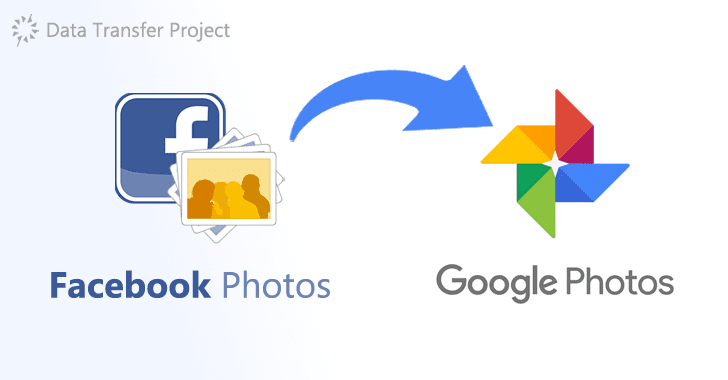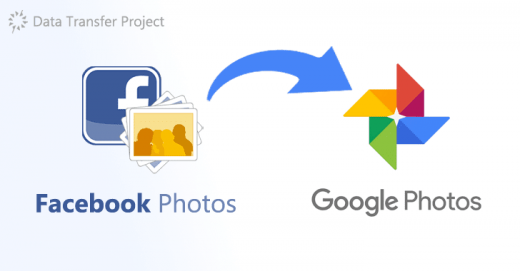Facebook Introduces Data Transfer Tool For Photos With Strict Privacy Standards
Facebook Introduces Data Transfer Tool For Photos With Strict Privacy Standards

Facebook on Monday began rolling out a data transfer tool for photos. It is based on code developed through the company’s participation in the open-source Data Transfer Project.
The tool enables Facebook users to transfer their Facebook photos and videos directly to other services, beginning with Google Photos.
The feature, during its test phase, will initially roll out in Ireland. If successful, it will become available worldwide in the first half of 2020.
Facebook said it took privacy and security into consideration when developing this tool. All data transfers are encrypted, and people will need to enter their password before initiating a transfer.
There is a growing agreement among policymakers worldwide that consumers and businesses should have the option to take the data shared with one service to another.
For example, marketers can take data imported into the Microsoft Advertising or Google Ads platform and import it into the other platform.
This thinking can help promote competition online and encourage the new services.
Portability also helps people control their data and can make it easier for them to choose an online service provider.
In September, Facebook published a white paper exploring privacy challenges as developers build the next generation of data portability tools. Some of the content in the white paper defines “data portability,” what types of data should be portable, and ways to protect privacy.
The biggest challenge is how to enable people to control the use of their information on Facebook’s services. Developers for the platform have built tools that allow people to select the audience for their profile information and their posts, as well as Ad Preferences, which helps people control how their information is used to show them ads.
Defining data portability is not a straightforward concept. Facebook found that Europe and the United States have two different definitions.
Gary Kibel, partner at digital media, technology and privacy and intellectual property firm Davis & Gilbert LLP in New York, points out that the United States could see major issues if a federal — rather than state — privacy law is not enacted.
Michael Lamb, chief privacy officer at LexisNexis Risk, recently spoke about a federal law in the works. The U.S. is working on an Online Privacy Act — which requires companies to be more transparent — that would establish a Digital Privacy Agency (DPA), a new federal bureau with the authority to issue regulations and enforce them through stiff fines.
The agency — the first of its kind in the United States — would centralize the creation and enforcement of privacy regulations. The proposed bill terms would allow the DPA to issue fines of up to $42,530 for each individual violation and state attorneys general also would have the authority to bring civil suits against companies that violate the privacy regulations.
As marketers know, data portability recently became a legal requirement in certain places through laws such as the GDPR in Europe, along with the California Consumer Privacy Act (CCPA), which goes into effect in January 2020.
(49)


